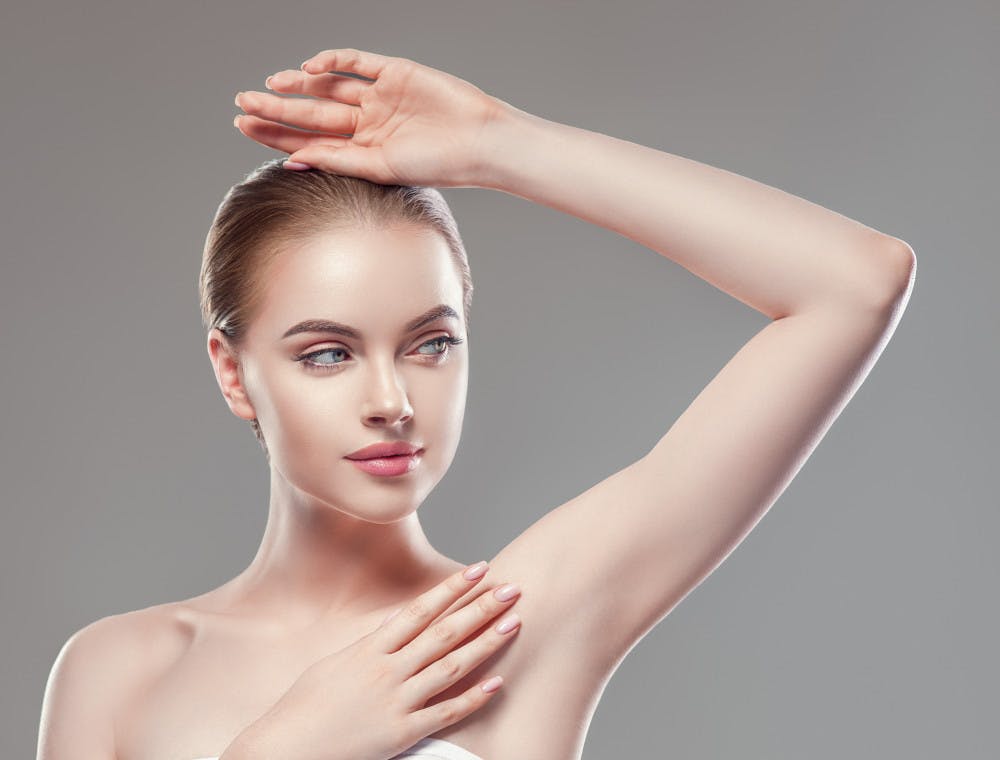By Olivia Rizzo
Hair. We all have it. It grows almost everywhere on our bodies and yet we are constantly trying to tame it or control it in some way. Biologically, head and body hair serves many purposes, from protection against the elements to thermal regulation.
Socially, however, hair has come to have a variety of different meanings, which have mainly been constructed by society’s expectations dependent upon one’s gender identity, race, ethnicity, religion or sexuality.
In American society, women are expected to be as hairless as possible, as leg, armpit and pubic hair are associated with being unhygienic. In actuality, hair is beneficial to the body. Pubic hair, in particular, helps block the transmission of STIs.
Despite the biological naturalness of body hair, 99 percent of American women take up depilatory practices, according to Rebecca Herzig’s book entitled “Plucked: A History of Hair Removal.” This also adds extra expenses into the lives of women. In the book, Herzig states that an American woman who shaves will spend more than $10,000 over the course of her lifetime, and a woman who prefers to wax will spend $23,000 on hair removal in her lifetime. These habits and costs are also relative to a woman’s race class, ethnicity and region.
In contrast, men are expected to be as hairy as possible. Chest and underarm hair are lauded as symbols of maturity and manhood. The resurgence of facial hair as a fashion trend in recent years has further emphasized that body hair is a symbol of masculinity. Men who shave their face regularly will spend on average $5,500 on shaving materials in their lifetime, according to Herzig.

Although it may be a taboo subject to talk about in public, there is no denying that body hair plays a significant role in our adult lives. As a result, everyone should feel free to do whatever they want with their hair. Let it grow, shave it, wax it: It’s all up to the individual to decide what feels the most comfortable for their bodies.
If you do decide to remove your body hair, please make sure you have the proper materials and are using a safe depilatory method. Wax that is too hot can burn some of the body’s most sensitive skin, and similarly, razors can cause nicks and cuts in sensitive areas, which may lead to painful ingrown hairs. It is best practice to research products and esthetician services.
It is important to note that privilege plays a very important role in discussions about body and head hair. For example, African American women often face pressure to straighten their natural hair as natural hair has been constructed to mean messy, lazy and not stylized. White women would never face such scrutiny due to their race. Additionally, transgender people can have a complicated relationship with hair, as different hormone treatments can have varying effects on hair growth.
Having more open and honest conversations about head and body hair along with the politics and social meanings surrounding their maintenance, removal and growth will advance the process of de-stigmatization.
The greatest takeaway to understand about this discussion about head and body hair is that everyone is going to have their own experiences and feelings with their body and head hair. Those experiences and feelings should be respected no matter what. No one should feel pressured to shave in the same way that no one should feel pressured to grow out their hair.
Students share opinions around campus
“Does society pressure women to shave their body hair?”

studies major. (Mia Ingui / Opinions Editor)
“Yes, there’s honestly no reason to shave except to appeal to others.”

"No, if you really don’t want to, you don’t have to. Many people don’t conform.”










